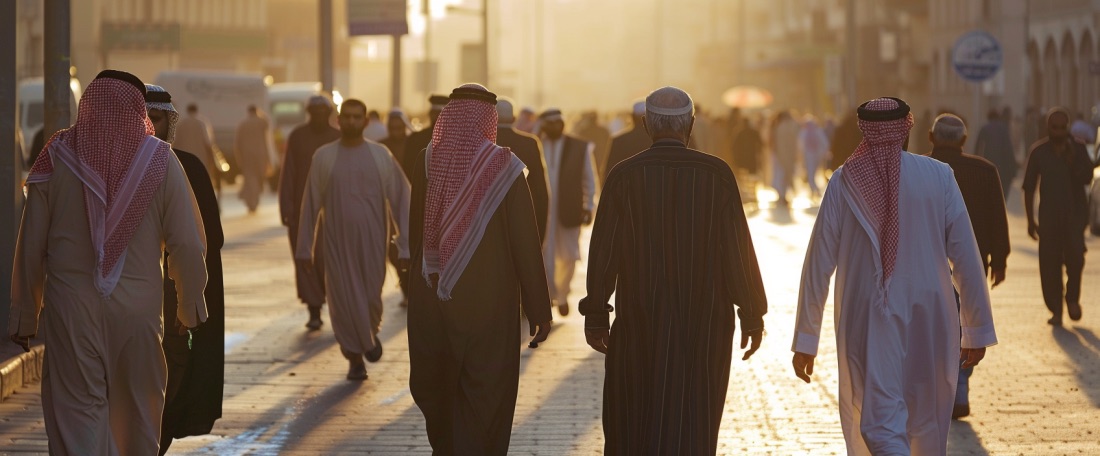Saudi Arabia Approves State Budget for Fiscal Year 2025
Breaking news from Riyadh as Saudi Arabia announces the approval of the state budget for fiscal year 2025. The budget reveals revenues projected at SR1.18 trillion ($315.73 billion) and expenditures at SR1.28 trillion, resulting in a deficit of SR101 billion.
Economic Growth Forecasted for 2025
The Finance Ministry forecasts Saudi Arabia’s Real GDP growth at 4.6 percent in 2025, a significant increase from the 0.8 percent estimate for 2024. This growth is expected to be primarily driven by a rise in non-oil sector activities, according to the official statement.
Projections in Line with Ministry’s September Statement
The figures align with projections from the ministry’s pre-budget statement in September, showing a decline in revenues, expenditures, and deficit compared to the latest estimates for fiscal year 2024.
Medium-Term Outlook and Strategic Spending Policies
The ministry projects the deficit to remain at similar levels in the medium term, with strategic expansionary spending policies driving deficits of SR130 billion in 2026 and SR140 billion in 2027. Revenues are expected to rise over the next two years, reaching around SR1.3 trillion by 2027.
Sustainable Debt Levels and Economic Diversification
Saudi Arabia’s total debt is projected to reach SR1.3 trillion in 2025, equivalent to 29.9 percent of GDP, reflecting a sustainable level to meet financing needs. The government’s strategic focus is on economic diversification and sustainable growth.
Government Prioritizes Essential Services and Economic Stability
The fiscal year 2025 budget prioritizes maintaining essential services for citizens and residents, accelerating spending on key projects and sectors, and ensuring fiscal stability for long-term sustainability.
Crown Prince Emphasizes Economic Base Strengthening
Crown Prince Mohammed bin Salman highlighted the government’s efforts to strengthen the Kingdom’s economic base and emphasized the role of sovereign wealth funds in driving economic stability and achieving Vision 2030 objectives.
Focus on Private Sector Growth and Investment Initiatives
Saudi Arabia’s economy is advancing through strategic reforms and robust investment initiatives under Vision 2030, emphasizing diversification, fiscal sustainability, and boosting social and economic outcomes.
Projected Revenues, Expenditures, and Financing Plans
The ministry projects tax income at SR379 billion in 2025, with the majority coming from taxes on goods and services. Sector-specific expenditures include allocations for the military, health, and social development sectors. The Ministry of Finance collaborates with the National Debt Management Center to develop an annual borrowing plan.
Fiscal Strength and Long-Term Economic Sustainability
The government’s fiscal strength allows it to manage potential economic shocks and meet financing needs across short, medium, and long-term horizons. The focus remains on ensuring long-term economic sustainability through Vision 2030 initiatives and strategic spending efficiency.
Moody’s Upgrades Saudi Arabia’s Credit Rating
Moody’s recently upgraded Saudi Arabia’s credit rating to “Aa3” from “A1,” citing progress in diversifying the economy beyond oil. Despite global economic uncertainties, the Kingdom is well-positioned to navigate challenges and play a central role in regional and global economic stability.

